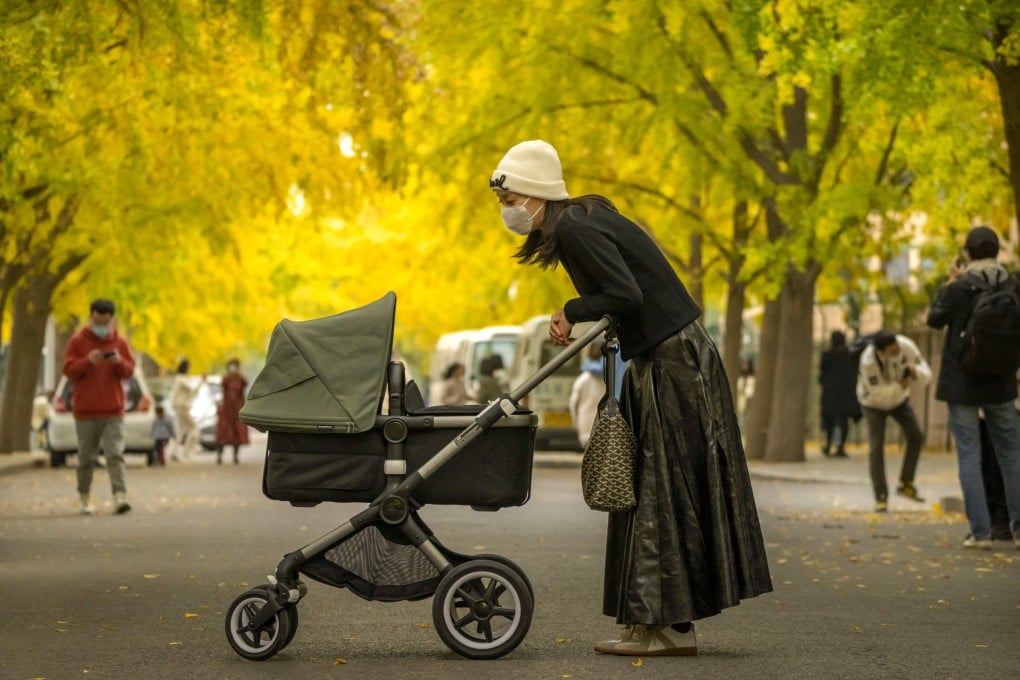Will China’s updated women’s rights law actually help women?
- Legal changes to better protect women in China will work well in theory, not so well in reality, say observers
- Amendments stir concerns the law is less about independence, more about traditional roles

Changes to a decades-old women’s protection law in China have introduced greater clarity on what constitutes sexual harassment in workplaces and schools, but experts say the revised law still lacks the teeth it needs to be effective.
While the original version already banned sexual harassment against women, the new amendments further clarify definitions of sexual harassment.
The updated law explicitly forbids sexually harassing a woman against her will by means of words, texts, images or physical acts. It also requires that authorities who receive reports of harassment must process the cases promptly and provide a formal written response to the complainant.

Another high-profile lawsuit, which was filed in the United States, centred on Chinese tech billionaire Richard Liu Qiangdong. Last month Liu reached a settlement in a civil trial with a woman named Liu Jingyao, who alleged he raped her after a dinner with him and other guests in Minneapolis in 2018.
